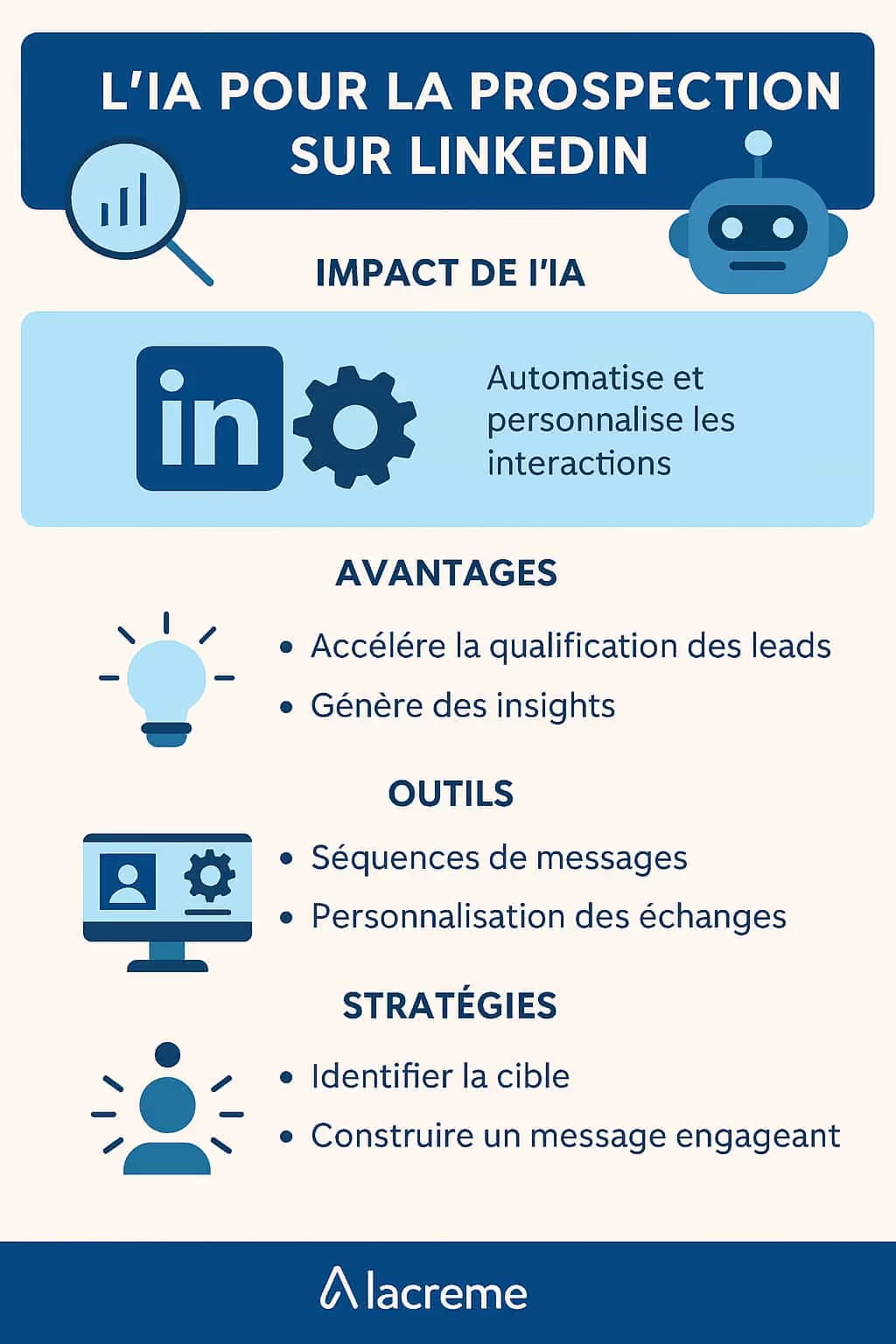Artificial intelligence (AI) has become a central topic of debate in many fields, and Education is not to be outdone. With the advent of technologies Increasingly sophisticated, schools are facing a delicate choice: integrate or ban AI systems. This article explores the various facets of this question, from educational benefits to potential risks, not to mention the consequences on the role ofteaching And the ethical implications and techniques.
Integrating AI into school curricula: advance or threat?
Overview of educational potentials and risks
AI offers significant educational advances, such as the personalization of learning and the improvement of educational effectiveness. However, it also presents risks, in particular the standardization of teaching and the possible dependence of pupils towards technology for their learning.
Practical examples of using AI in education
Of smart tutoring systems aux virtual assistants by going through the adaptive learning platforms, numerous examples illustrate the implementation of AI in classrooms. They offer insight into the benefits of using these technologies in an educational setting.
Ethical issues and the responsibility of using AI in schools
Data confidentiality issues
The processing of personal data by AI systems raises important questions of confidentiality. These involve the responsibility of schools in the protection of this sensitive information.
Discussion on equitable access to AI for all students
Equitable access to AI is another key topic. It is necessary to ensure that all pupils benefit from the same opportunities to take advantage of them, regardless of their social or geographical origin.
The impact of AI on the role and skills of the teacher
Necessary developments in teacher training
Teachers need to evolve alongside technology. Their training should prepare them to integrate AI into their teaching methods and to remain at the heart of the educational process.
The teacher facing the challenges of support in the age of AI
The introduction of AI in the classroom brings its share of dares for the teacher, who must now know how to support students in the use of these new tools, in addition to their traditional missions.
Limits and technical challenges of AI in an educational context
AI confrontation and the complexity of human cognition
Despite its progress, AI is struggling to grasp the complexity of human cognition. This limitation affects the ability of AI to fully adapt to the individual needs of students.
Current shortcomings of general AI models and their impacts
AI models are still far from perfect and their weaknesses can have a significant impact on the effectiveness and relevance of their use in an educational context.
Regulation and future prospects of AI in education
Legislative framework and standards for the use of AI in schools
The establishment of a strict and clear legislative framework is crucial for the successful and responsible integration of AI in the education system. This framework must define the standards of use and ensure the protection of users.
Future vision: between collaboration and cohabitation with AI
In the future, collaboration between humans and AI could be strengthened, possibly leading to a new form of educational cohabitation. This dynamic would bring profound changes to the way in which knowledge is transmitted and assimilated.






